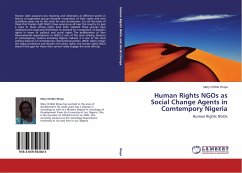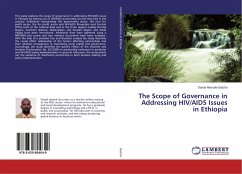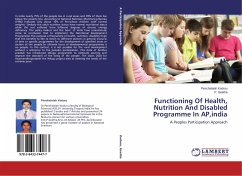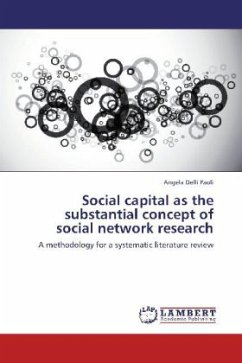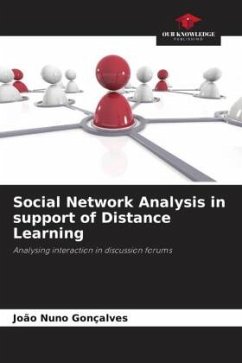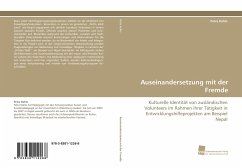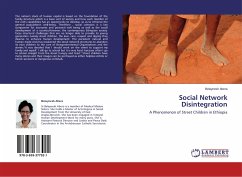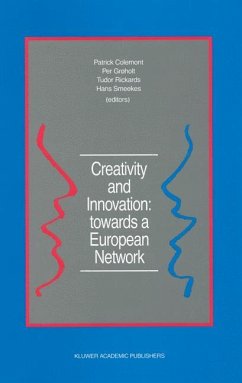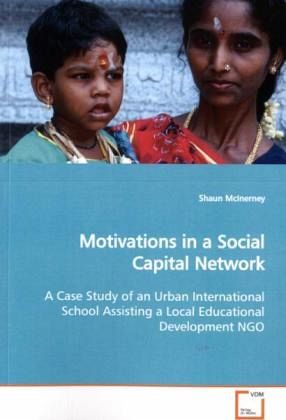
Motivations in a Social Capital Network
A Case Study of an Urban International School Assisting a Local Educational Development NGO
Versandkostenfrei!
Versandfertig in 6-10 Tagen
32,99 €
inkl. MwSt.

PAYBACK Punkte
16 °P sammeln!
International schools in urban areas of Less Developed Countries exist as oases of educational privilege. Paradoxically, they often seek to address educational disadvantage through an ethos of global citizenship and International Baccalaureate CAS Projects. This research study uses social capital theory to explore one such project in urban India involving a local educational development NGO. The analysis reveals that there are benefits of cooperation for both resource rich and resource poor partners alike. Awareness of motivations underlying such projects may help reduce power imbalances withi...
International schools in urban areas of Less
Developed Countries exist as oases of educational
privilege. Paradoxically, they often seek to
address educational disadvantage through an ethos of
global citizenship and International Baccalaureate
CAS Projects. This research study uses social
capital theory to explore one such project in urban
India involving a local educational development
NGO. The analysis reveals that there are benefits
of cooperation for both resource rich
and resource poor partners alike. Awareness of
motivations underlying such projects may help reduce
power imbalances within a traditional donor-
recipient relationship and release more latent
resources within the network. This book should be
helpful to international school leaders and
educational development professionals as well as
researchers seeking to shed some light on the human
and organisational motivations that act as the
catalyst for social capital exchange.
Developed Countries exist as oases of educational
privilege. Paradoxically, they often seek to
address educational disadvantage through an ethos of
global citizenship and International Baccalaureate
CAS Projects. This research study uses social
capital theory to explore one such project in urban
India involving a local educational development
NGO. The analysis reveals that there are benefits
of cooperation for both resource rich
and resource poor partners alike. Awareness of
motivations underlying such projects may help reduce
power imbalances within a traditional donor-
recipient relationship and release more latent
resources within the network. This book should be
helpful to international school leaders and
educational development professionals as well as
researchers seeking to shed some light on the human
and organisational motivations that act as the
catalyst for social capital exchange.



